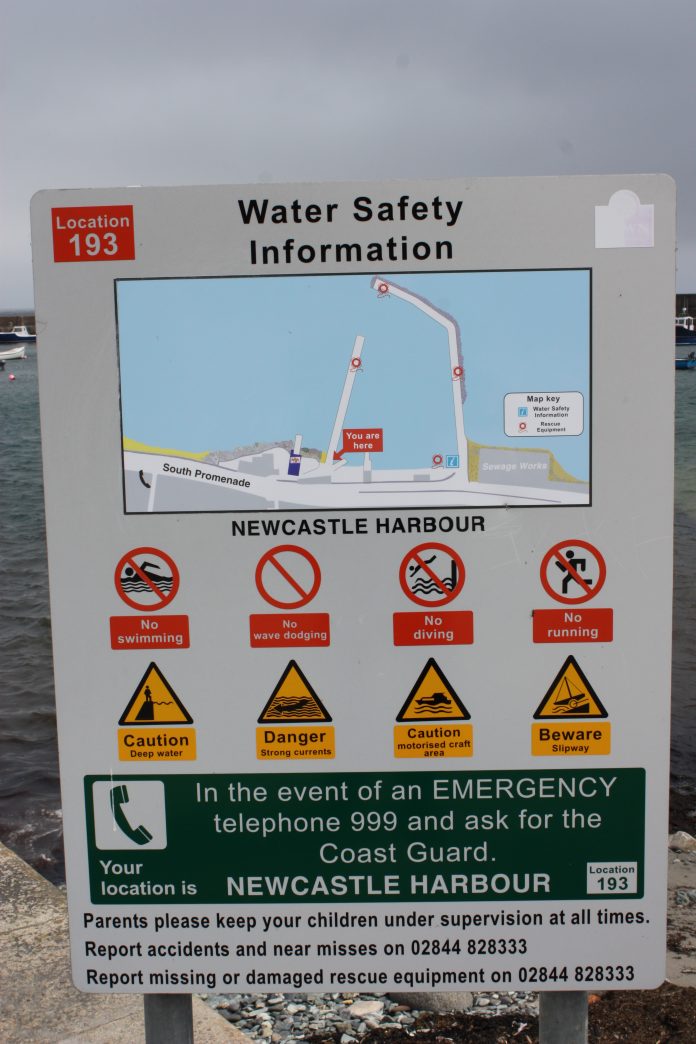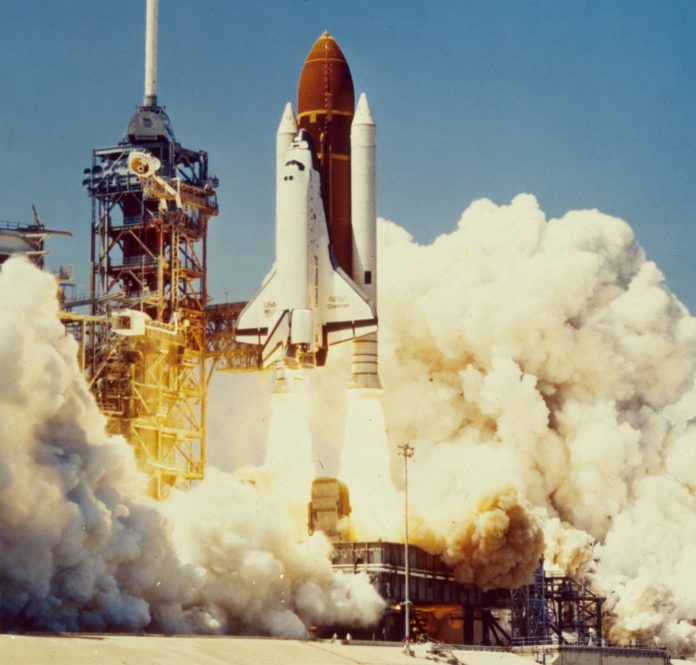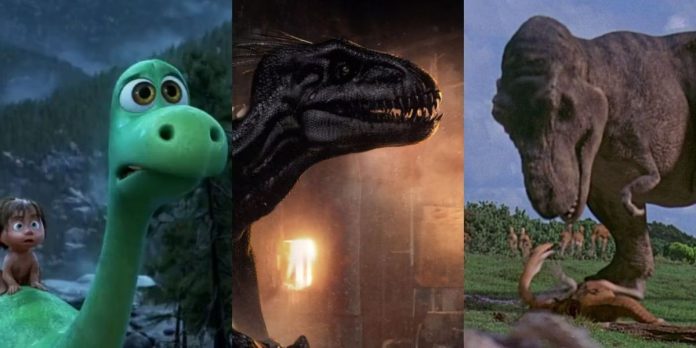Unveiling Deep Sea Connections: Scientists Find Surprising Links Between Earth and Mars
In a groundbreaking study conducted by the University of Sydney’s EarthByte Group, scientists have uncovered a deep connection between Earth and Mars that influences Earth’s ocean cycles. The study aimed to understand how geological climate change impacts ocean circulation, but it led to an unexpected discovery – Earth’s ocean cycles change due to interplanetary interaction with Mars, and these cycles shift every 2.4 million years.
Lead author Dr. Adriana Dutkiewicz expressed her surprise at finding these 2.4-million-year cycles in deep-sea sedimentary data. The only way to explain them, she said, is through the interactions of Mars and Earth orbiting the sun. This finding opens up a whole new realm of understanding about the interconnectedness of celestial bodies.
To unravel this otherworldly connection, the researchers partnered with Sorbonne University and embarked on tracking the geological record of the deep sea. Their goal was to understand how ocean-bottom currents change in response to climate variations. They wanted to determine if currents become more vigorous or sluggish in a warmer climate, unrelated to human-induced climate change caused by CO2 emissions. Interestingly, they did find a link between deep eddies, similar to whirlpools in the sea, and warmer oceans.
Dr. Dutkiewicz and her team delved into over 50 years of data from hundreds of global drilling sites to uncover how the vigor of deep-sea currents changes over time. They discovered that breaks in sedimentation indicate vigorous deep-sea currents, while continuous sediment accumulation signifies calmer conditions. Advanced spectral data analysis allowed them to identify the frequency of breaks in sedimentation over 65 million years.
To understand the impact of orbital shifts on sediment records, the scientists turned their gaze towards space. Surprisingly, they found that Earth and Mars’ interactive orbits cause shifts in the vigor of deep-sea currents in 2.4-million-year cycles, known as astronomical grand cycles. This discovery is rarely found in the geological record, making it all the more extraordinary.
These orbital shifts, occurring every 2.4 million years, cause ocean cycles to change due to solar radiation and a resulting warmer climate. As a result, deep ocean circulation becomes more vigorous. However, continued heating from climate change may lead to the shutdown of circulation systems and sea-ice melting. Additionally, the eddies discovered in conjunction with warmer oceans may corrode the sea floor and cause significant sediment buildup.
Professor Müller, co-author of the study, explains that the gravity fields of the planets in the solar system interfere with each other, leading to changes in planetary eccentricity, which measures how close to circular their orbits are. These orbital interactions are not well understood currently, but the researchers hope that their study will contribute to the development of better and more comprehensive climate models in the future.
The findings of this study shed light on the intricate connections between celestial bodies and Earth’s ocean cycles. It highlights the importance of considering not only human-induced climate change but also the natural forces at play in shaping our planet’s climate. As scientists continue to unravel the mysteries of our solar system, they pave the way for a deeper understanding of Earth’s past, present, and future.




!["2024 SIG Awards Winners Announced: Celebrating Excellence in [Industry/Field]" "2024 SIG Awards Winners Announced: Celebrating Excellence in [Industry/Field]"](https://www.orbitalaffairs.com/wp-content/uploads/2024/03/2024-sig-awards-winners-announced-celebrating-excellence-in-industry-field-696x1044.jpg)
